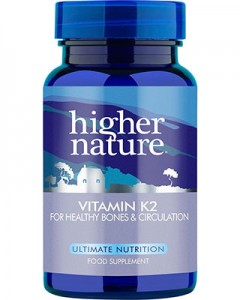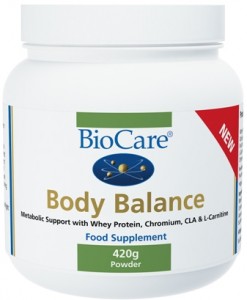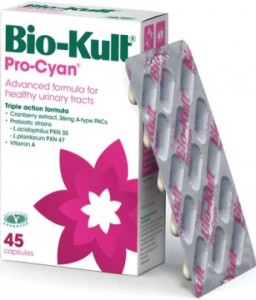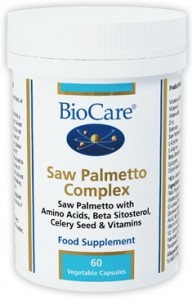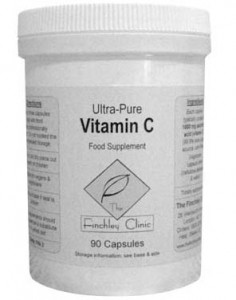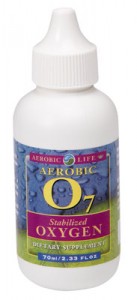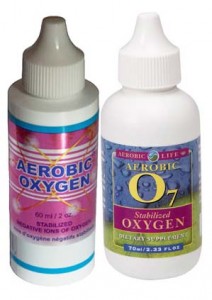Only a fool would decry the importance of the heart to their body and thus the importance of a fit heart to their overall health. After all, given it pumps blood throughout the body, supplying organs and cells with all-important oxygen, vitamins, minerals and other nutrients and, at the same time, removes from them toxic carbon dioxide, the heart’s arguably the most crucial muscle there is. A weak heart makes for a weak person; a heart that doesn’t work means you won’t work, plain and simple.
And yet, despite all that, how many of us properly look after our hearts? Not enough of us, that’s for sure. Otherwise there’d be far fewer cases of heart disease and general ill-health; especially among those of a certain age.
Dos and don’ts
So what should we all do – and, more than that, what’s easy for the vast majority of us to do – to try and ensure our hearts remain healthy? Well, here are some simple steps most of us should start to follow, for those who don’t already…
- Exercise regularly – don’t forget that the heart’s a muscle, therefore it should be worked
- avoid toxins especially bad for the heart (such as pesticides, insecticides and heavy metals like mercury and lead)
- stop smoking – aside from the carbon monoxide in tobacco smoke that reduces blood oxygen levels, tobacco damages your arteries’ lining, thanks to the build-up of the fatty material atheroma, which narrows the arteries and causes anginas, heart attacks and strokes
- avoid high-fat foods and too many fizzy drinks that feature artificial sweeteners
Get your diet right
Away from the aforementioned ways you should and shouldn’t live your life to keep your heart functioning as it should, there are also specific foods you can introduce into your diet. Just eating more of the following could be a big help…
- Salmon – thanks to the Omega-3 fatty acids it contains, salmon’s a fine source for Vitamin D, thus can help address the low levels of the vitamin in too many adults, which has been long associated with heart problems and, as a consequence, premature death1
- Broccoli – this and other cruciferous vegetables (cabbage, cauliflower, kale and sprouts) are widely considered to help cut the risk of cardiovascular disease2; indeed, a recent study suggests they lower the chance of cardiac-associated death more than other vegetables and fruits3. Moreover, research in the last few years has found that a compound in broccoli (indole-3-carbinol or I3C) appears to counteract aspects of heart failure, thus it may provide cardiac protection4
- Asparagus – protection of the cardiovascular system (the body’s system responsible for blood circulation) is aided by phenolic acids, which commonly occur in asparagus; this is because these acids play a big role in making sure detoxifying enzymes help remove drugs and other toxins from the system5
- Chickpeas – not only do chickpeas contain the aforementioned heart-health-friendly Omega-3 fatty acids, as well as incredibly nutritious vitamins and minerals like iron, magnesium and potassium, but also a study has revealed they can help lower cholesterol levels, thus easing the workload of and pressure on the heart6
- Spinach – Popeye was certainly on to something, for just a single helping of spinach should deliver 20% of your daily recommended amount of magnesium, the mineral that’s absolutely key to achieving proper muscle function, healthy blood sugar levels and favourable blood pressure7
- Almonds – research suggests that consuming almonds is better for balancing cholesterol than cutting saturated fats from your diet (although the latter’s recommended too), in addition to the fatty acids they contain contributing to good cardiovascular health8
- Olives – the Mediterranean diet has long been considered good for the heart, not least because it includes olives and olive oil, with their Omega-3 fatty acids, phenolic acids and antioxidant properties; thus helping to reduce the risk of developing cardiovascular disease9.
Heart-health supplements
However, if for some reason, you might find it difficult to integrate any of the above foods into your diet or (perhaps because of pre-existing issues) you’re unable to exercise regularly or can’t prevent being exposed to heart-harming toxins, then you may consider turning to the following supplements to improve the health and efficacy of your heart. They’re all available from The Finchley Clinic – in fact, we recommend them whether you’re able to follow the previous steps in this article or not…
![]()
Alpha vegicaps (90 and 30 capsules) – cardio-protective and great for your general heart-health, this supplement’s major ingredients are alpha lipoic acid (an antioxidant excellent at countering free radicals) and acetyl L-carnitine (an amino acid highly effective in the fat metabolism process)
Bio Cardio (300ml) – delicious thanks to its essential of orange oil flavour, this liquid-based supplement contains the Omega-3 fatty acids EPA and DHA ensuring that, when combined with a low fat diet, fish oils and plant sterols, there’s a strong likelihood it’ll help reduce cholesterol levels and support platelet integrity
Vitamin K2 (60 and 30 tablets) – while, on its own, Vitamin K aids normal blood clotting and helps keep bones strong and healthy, this particular form of the vitamin (K2) appears to be a great contributor to good heart-health, aiding effective blood circulation.
References:
- Thomas G. N., ó Hartaigh B., Bosch J. A., Pilz S., Loerbroks A., Kleber M. E., Fischer J. E., Grammer T. B., Böhm B. O. and März W. ‘Vitamin D levels predict all-cause and cardiovascular disease mortality in subjects with the metabolic syndrome: the Ludwigshafen Risk and Cardiovascular Health (LURIC) Study’. Diabetes Care. May 2012; 35(5): 1158-64. doi: 10.2337/dc11-1714.
- Edmands W. M., Beckonert O. P., Stella C., Campbell A., Lake B. G., Lindon J. C., Holmes E. and Gooderham N. J. ‘Identification of human urinary biomarkers of cruciferous vegetable consumption by metabonomic profiling’. J Proteome Res. Oct 7 2011; 10(10): 4513-21. doi: 10.1021/pr200326k.
- Zhang X., Shu X. O., Xiang Y. B., Yang G., Li H., Gao J., Cai H., Gao Y. T. and Zheng W. ‘Cruciferous vegetable consumption is associated with a reduced risk of total and cardiovascular disease mortality’. Am J Clin Nutr. Jul 2011; 94(1): 240-6. doi: 10.3945/ajcn.110.009340.
- Deng W., Zong J., Bian Z., Zhou H., Yuan Y., Zhang R., Guo H., Zhang Y., Shen D., Li H. and Tang Q. ‘Indole-3-carbinol protects against pressure overload induced cardiac remodeling via activating AMPK-?’. Mol Nutr Food Res. Apr 27 2013. doi: 10.1002/mnfr.201300012.
- Yeh C. T. and Yen G. C. ‘Effect of vegetables on human phenolsulfotransferases in relation to their antioxidant activity and total phenolics’. Free Radic Res. Aug 2005; 39(8): 893-904.
- Pittaway J. K., Robertson I. K. and Ball M. J. ‘Chickpeas may influence fatty acid and fiber intake in an ad libitum diet, leading to small improvements in serum lipid profile and glycemic control’. J Am Diet Assoc. Jun 2008; 108(6): 1009-13. doi: 10.1016/j.jada.2008.03.009.
- National Institutes of Health Office of Dietary Supplements. Magnesium.
- Ortiz R. M., Garcia S. and Kim A. D. ‘Is Almond Consumption More Effective Than Reduced Dietary Saturated Fat at Decreasing Plasma Total Cholesterol and LDL-c levels?’ A Theoretical Approach. J Nutr Metab. 2012; 2012: 265712. doi: 10.1155/2012/265712.
- Pauwels E. K. ‘The protective effect of the Mediterranean diet: focus on cancer and cardiovascular risk’. Med Princ Pract. 2011; 20(2): 103-11. doi: 10.1159/000321197.

